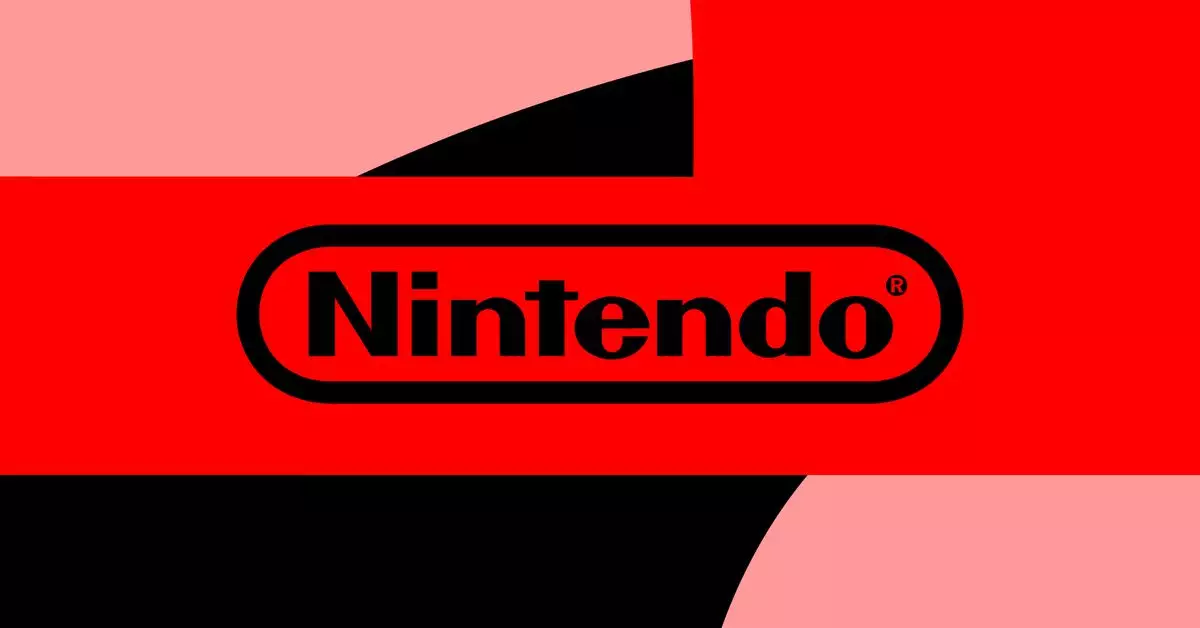As the gaming community awaits Nintendo’s announcement regarding its successor to the beloved Switch, a pivotal detail has emerged that speaks volumes about the company’s intent to secure a loyal following: the new console will support current Switch games and allow continuity of Nintendo Switch Online services. This revelation, shared during a recent midyear policy briefing, reinforces Nintendo’s commitment to its player base. While details remain scarce, the promise of future updates only heightens the excitement among fans and industry watchers alike.
The Nintendo Switch has undeniably carved out a significant niche in the gaming sphere, evident through its impressive sales figures. Recent reports reveal that the device has moved a staggering 4.72 million units in just three months, although this represents a 31 percent decline compared to the same period last year. Despite this downturn, the Switch’s cumulative sales have reached an impressive 146 million units, highlighting its resilience in a competitive market. Additionally, the Switch has set a new record for software sales, which astonishingly totaled 1.3 billion units by September 30, 2024.
Nonetheless, all is not rosy in the garden of Nintendo; the number of Switch Online subscriptions has dipped slightly, landing at around 34 million. There is a silver lining, though. The trend shows increased adoption of the pricier Expansion Pack, which grants access to a wider library of classic games. This shift speaks to the demand for nostalgia and older titles, hinting at players’ desire for not just new experiences, but also for revisiting cherished classics from the franchise.
While Nintendo touts that “More software has been played on Nintendo Switch than on any other Nintendo hardware,” this assertion does not come without its caveats. Backward compatibility remains a critical touchpoint for gamers. Nintendo, unlike its rivals—Microsoft with its Xbox Series X and Sony with the PS5—has had a tumultuous relationship with backward compatibility. The transition from the Wii U to the Switch involved a significant movement from disc-based games to cartridges, rendering many legacy titles unplayable on the new system. As a result, players are left at the mercy of Nintendo’s re-releases or its Switch Online offerings, neither of which guarantees access to a comprehensive library of past games.
The topic of backward compatibility extends far beyond mere player satisfaction; it embodies a culture of video game preservation. A pivotal report from the Video Game History Foundation shows that a staggering 87 percent of games released before 2010 are now “critically endangered” or inaccessible for purchasing. While Nintendo has made strides in reviving its extensive back catalog on the Switch, many titles remain locked away in the annals of gaming history, inaccessible to both new players and nostalgic veterans.
The gaming landscape is changing, and the approach to preserving gaming history must evolve accordingly. As Nintendo gears up to unveil its next-generation console—tentatively referred to by many as the Switch 2—backward compatibility could play a crucial role in shaping the future of console gaming. Indeed, gamers want assurances that investing in a new platform does not mean losing access to the extensive digital collections they’ve curated with the current console.
As we await more information regarding the upcoming console, Nintendo faces a defining moment. The company will need to balance innovation with the demands of a loyal community eager to see their gaming histories acknowledged and preserved. The future of gaming at Nintendo rests not only on new hardware but also on its ability to provide a seamless, interconnected experience for players. Addressing these issues will not only affirm Nintendo’s legacy but will also set a precedent for how future consoles approach backward compatibility and game preservation. As the gaming world eagerly anticipates what lies ahead, the hope is that Nintendo will rise to meet these challenges with the same creativity and passion that have defined its journey thus far.


Leave a Reply